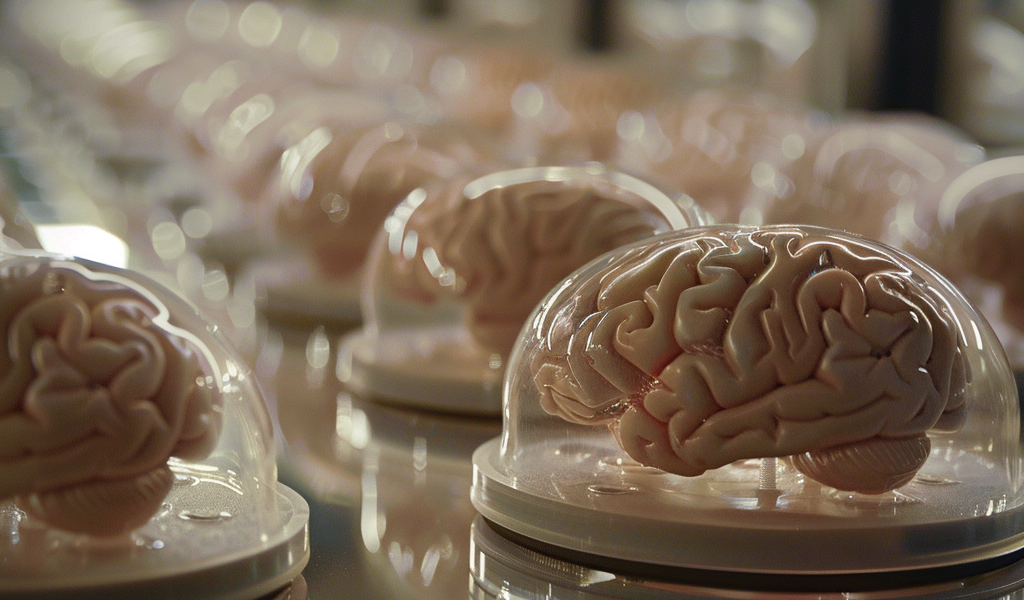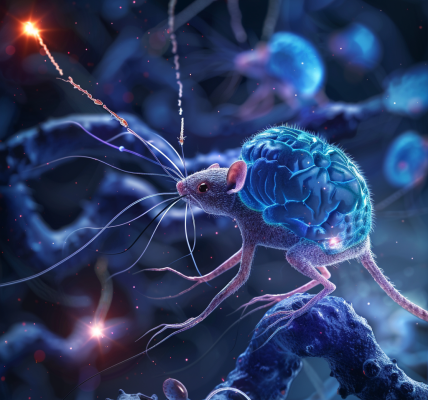Brain organoids, a cutting-edge technology in the field of neuroscience, are now being utilized to target a rare neurological disorder. These miniature 3D models of the brain have shown promising potential in advancing our understanding of complex brain conditions.
Brain organoids are essentially clusters of brain cells grown from stem cells in a laboratory setting. They mimic the structure and function of the human brain, offering researchers a unique opportunity to study brain development and disorders in a controlled environment.
Researchers and scientists are increasingly turning to brain organoids to investigate various neurological conditions, including rare disorders that have been challenging to study using traditional methods. By using brain organoids, researchers can observe how specific genetic mutations or environmental factors impact brain development and function.
This innovative approach holds great promise for the future of neuroscience research. By studying brain organoids, scientists hope to uncover new insights into the underlying mechanisms of neurological disorders and potentially develop more effective treatments.
While the field of brain organoids is still relatively new, the rapid advancements in technology and research methodologies are paving the way for exciting discoveries in the realm of neuroscience. As scientists continue to refine and expand the capabilities of brain organoids, the potential for breakthroughs in understanding and treating neurological disorders is becoming increasingly tangible.





